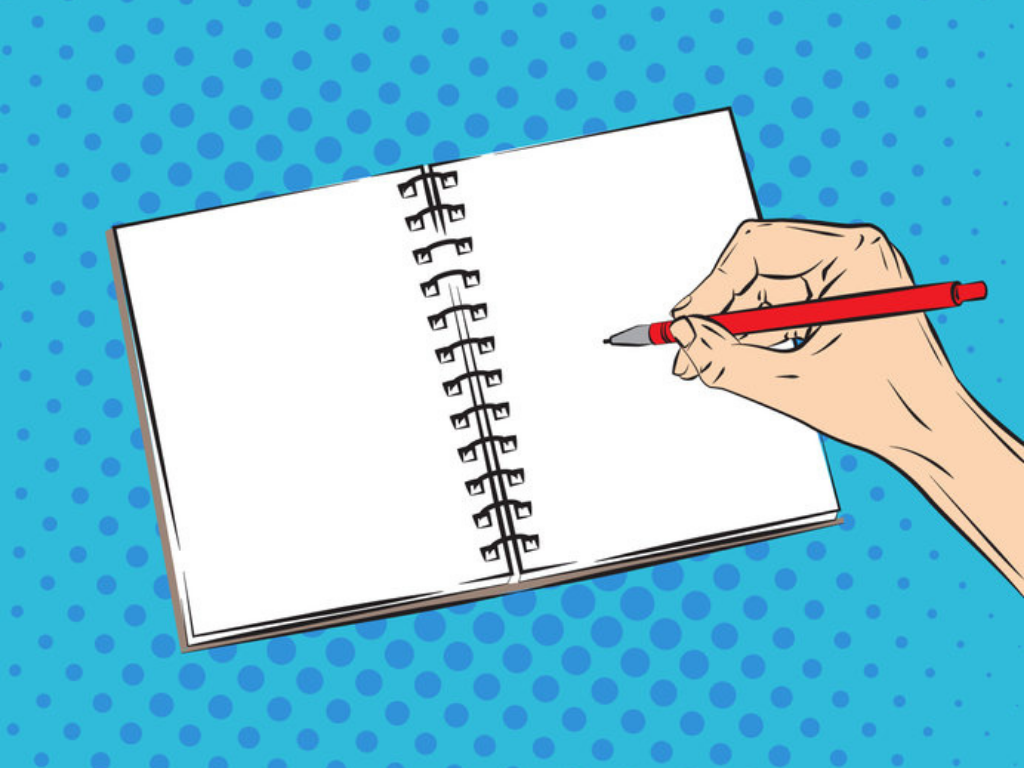I think I know the true difference between excellent writers and everyone else:
It’s not talent (though talent is good). It’s not a secret their English teacher told them but didn’t tell the rest of the class. It’s a simple piece of knowledge that they know, believe, and work with every day.
Here’s what excellent writers know that nobody else does: Terrible Writing Is Inevitable. There’s no way to avoid bad writing on your journey to good writing. Everyone is a bad writer. Everyone’s first draft is garbage that should never see the light of day.
All the bad writers (that is, nearly everyone) reject that possibility. They think you should be able to sit down and write something great.
So they sit down, write something and hope it’s good.
Which it isn’t.
The excellent writers know that thing they did in one try is basically vomit floating on their computer screen. The work has just started, and they do that work until what started as vomit gets more and more like a jewel.
There. I‘ve done it. Given away the whole secret.
But that’s not all I’m going to give away today.
I’m going to show you something else amazing that comes from the Terrible-Writing-Is-Inevitable Secret: It’s a tool that will not only improve whatever writing you need to work on, but your writing in general. And not just your writing, but also your thinking.
The tool is called freewriting.
Freewriting is to writing what exercise is to your physical health. It’s a way to condition and strengthen your writing “muscle.” Like physical exercise, it’s not really difficult, but it takes discipline.
Here’s how you do it:
- Set a timer for 10 minutes.
- Write. Don’t stop to think or read what you’ve written until time is up. Just write without stopping.
- Ignore grammar, spelling, and punctuation. It’s okay if you write garbage. It should be garbage that nobody will ever read.
- If you don’t have any ideas, write anyway. If you don’t have anything to say, write nonsense. If all you can think of is how annoying this exercise is, just write “I hate freewriting,” over and over. If you feel bored or uncomfortable, write about that. The main thing is to write without stopping for ten minutes.
(I think you need to do this all by writing with your hand on a piece of paper, if you can. I don’t think it works as well to type your freewriting — but whatever works for you.)
That’s all. Do it every day. (More than once, if you want to and can stand it.)
You will get better at writing.
Stronger, more confident, more fluent, more comfortable.
Just the way jogging a mile a day would make you a better runner, and healthier.
Let me warn you: It’s not fun most of the time. Most days you won’t want to do it.
But there’s also a surprising bonus. Quite often, you’ll find that what you write during freewriting is related to writing tasks that are on your plate at the time. And it’s not unusual that you find yourself freewriting your way through things you’ve been struggling with, and you find useful nuggets you can use in real life.
But that’s not the point. The point is to exercise your writing muscle. And that works just as long as you write without stopping, whether it’s garbage or something that turns out to be useful.
But most of the time it’s garbage. Wonderful, productive garbage.
Take my word for it, freewriting will make you a stronger, happier, and more effective writer.
Would you like expert help with your fundraising writing — getting from the garbage first draft to a winning final draft? Find out how by scheduling a free 25-minute call with one of our Fundraisingologists. They will give you great free advice, and help you identify which Coaching+ program might be right for you. Click here to book your call.
Related Blog Posts:











3 Comments. Leave new
I love this idea, Jeff. Thank you for sharing it with the rest of us. I took your other advice to buy a Moleskin journal — love it! — and now I’m going to sit down, set my timer, and work on becoming a better writer, a little bit, every day.
Jeff …. a great invitation to begin a little journey for starting a new habit to regularly sweep out the brain and interrupt the’ voice in the head’…. that mostly seeds doubt. The discipline of free writing allows something else to arrive! I’ve been discovering that ‘something else’ is about owning up and inspires hope, not doubt. Freewriting is up there in my new top 3 daily habits. You know what they say, change one small thing in a system and everything changes!
I agree! It’s almost like magic, but it’s really just a commonsense act of opening the “door” of your brain.